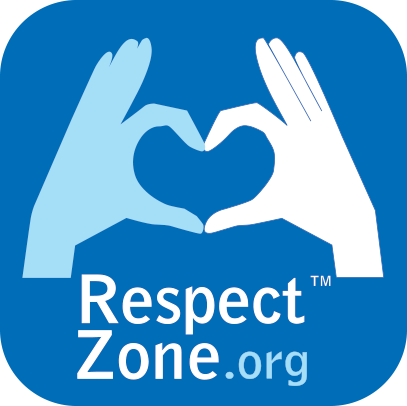Article
| 1 - Rethinking effective bully and violence prevention efforts: promoting healthy school climates, positive youth development, and preventing bully-victim-bystander behavior by -Jonathan Cohen, Ph.D. President, National School Climate Center; Adjunct Professor in Psychology and Education, Teachers College, Columbia University. -Dorothy Espelage, Ph.D. Edward William Gutgsell & Jane Marr Gutgsell Endowed Professor and Hardie Scholar of Education, in the Department of Educational Psychology at the University of Illinois, Urbana-Champaign. -Stuart W. Twemlow, MD. Visiting Professor University College London (Health Sciences) -Marvin W. Berkowitz, Ph.D. Sanford N. McDonnell professor of character education, co-director of the Center for Character and Citizenship, and President’s -Thomas Jefferson professor at the University of Missouri-St. Louis. -James P. Comer, M.D. Maurice Falk Professor of Child Psychiatry at the Yale Child Study Center and Associate Dean at the Yale School of Medicine. |
| In this paper, we review and critique current bully prevention efforts. This work presents an integrative, narrative review of bully prevention and school climate improvement research. We suggest that targeted bully prevention programs and curricular-based efforts are marginally helpful. We suggest that a continuous process of school climate improvement needs to be an integral and organizing anchor for effective bully prevention and school improvement efforts. Based on our collective experience with complex group phenomena, as well as an understanding of recent school improvement and violence prevention research, we outline a series of comprehensive, research-based guidelines that subsume targeted efforts within more comprehensive approaches that promote positive, sustained school climates. Such approaches not only prevent bully-victim-bystander behavior but also promote safe, supportive, responsible, engaging, flourishing and democratically informed school communities. |
Keywords : Bully prevention, school climate, school improvement, prosocial education, socio-emotional learning, character education.
To downloand the full paper, click here : PDF |
Bibliography
Read also
> 0 - Contents
> 2 - Violences a l’école et origine sociale des élèves pour une réflexion épistémologique sur l’objet « violence »
> 3 - Wrestling and motor function aggressiveness at school in question
> 4 - Les collégiens et les lycéens sont-ils égaux face au risque d’être victimes et/ou auteurs de cyberviolence et de cyberharcelement ?
> 5 - Les exclusions temporaires des collégiens en France. Une routine punitive.
> 6 - Validation of a teachers’ self-efficacy scale to deal with violence in schools
<< Back


